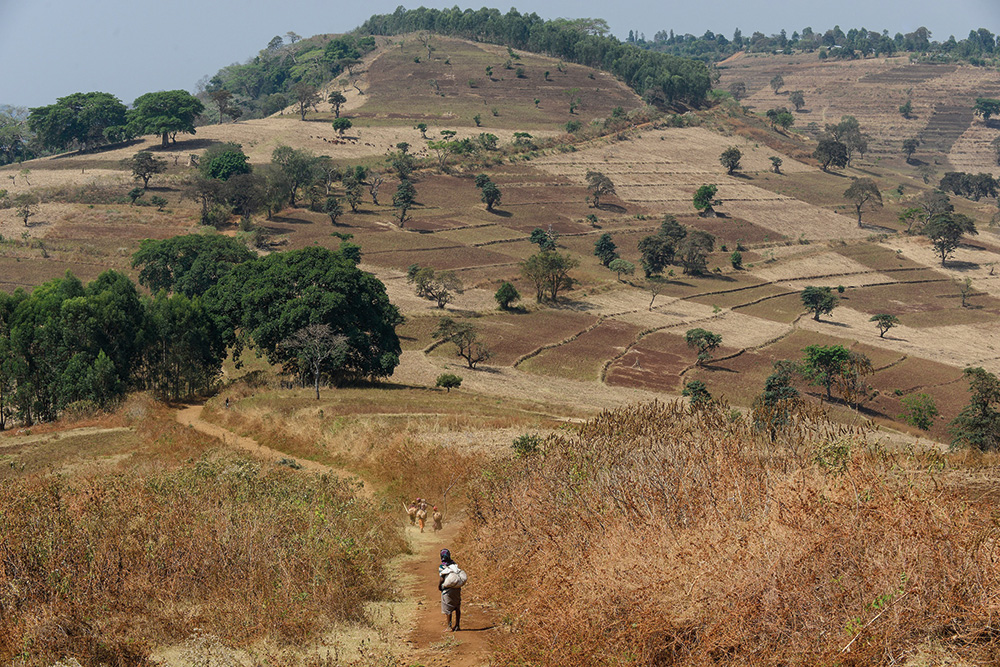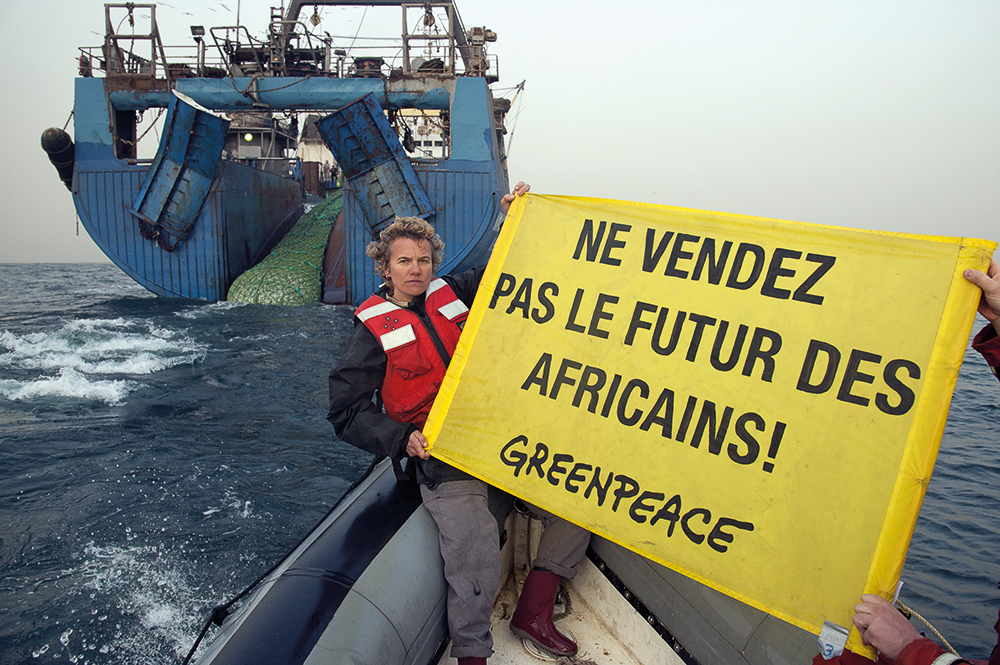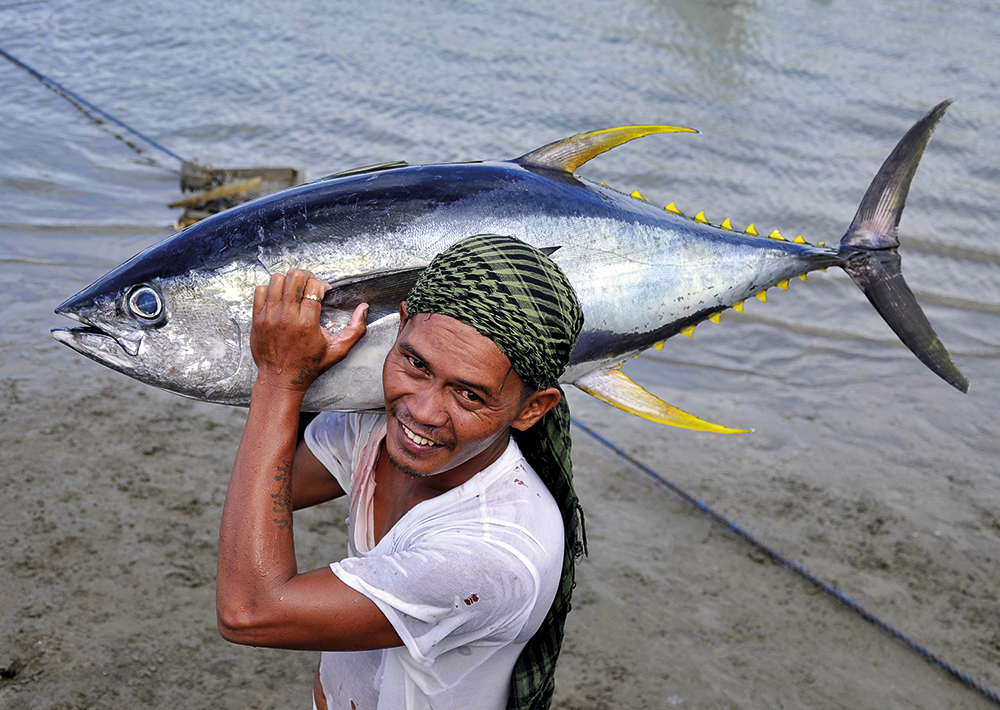Reducing Climate-Sensitive Disease Risks
Disease risks to humans, animals, and
plants are determined by interconnected environmental
variables that affect incidence, transmission, and outbreak.
Climate change affects many of the environmental variables
that lead to disease. Regardless of the species involved,
the impacts can ultimately affect the health, livelihood,
and economic security of humans. The objective of this World
Bank economic and sector work is to build on scientific and





